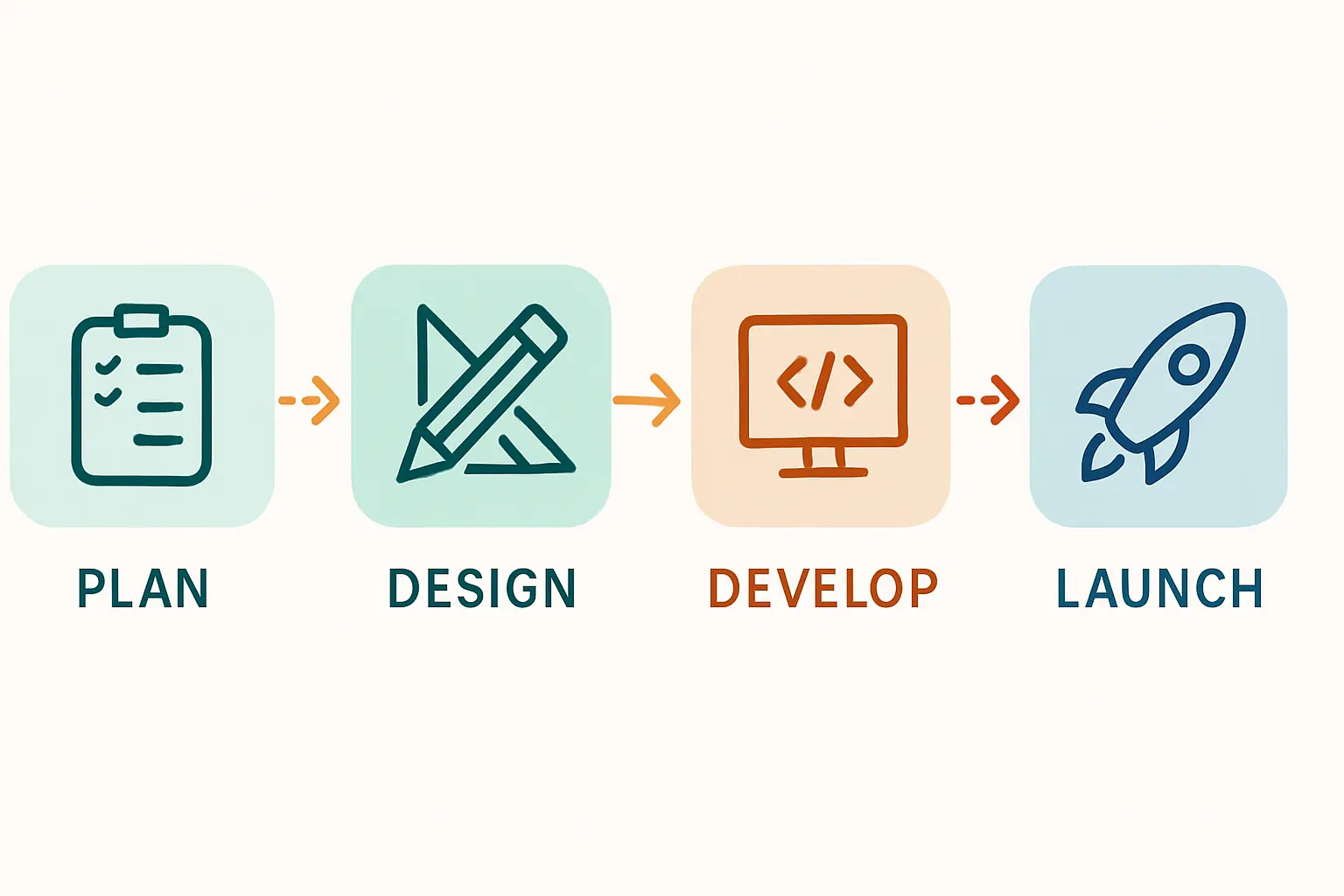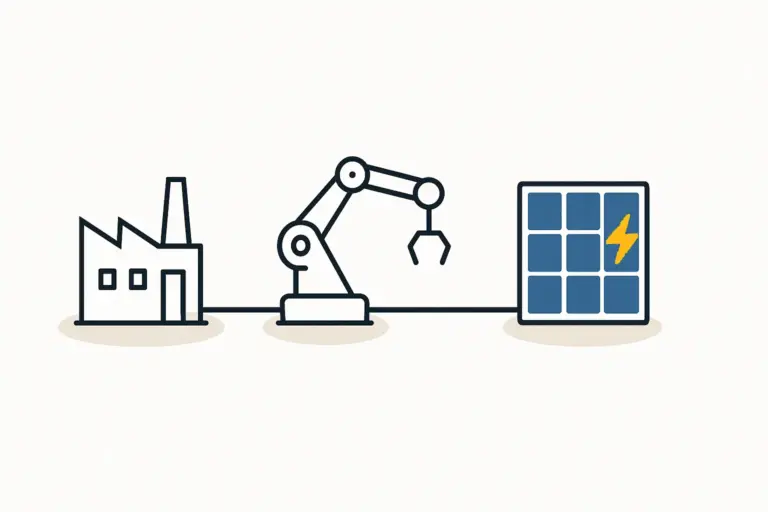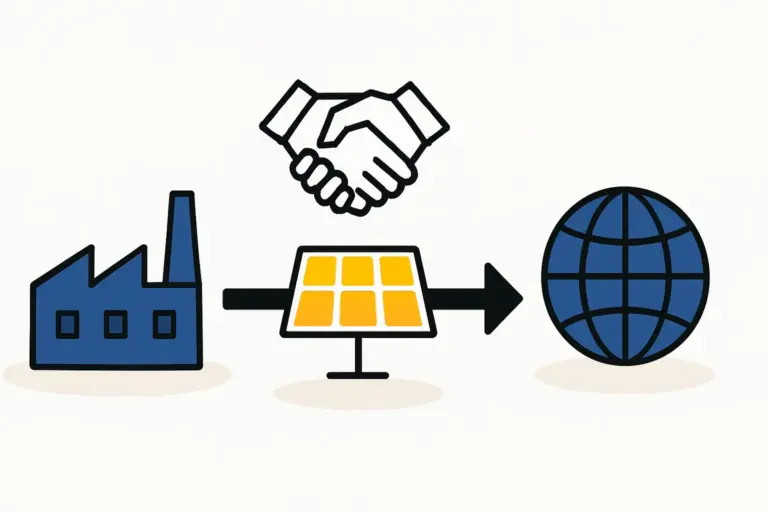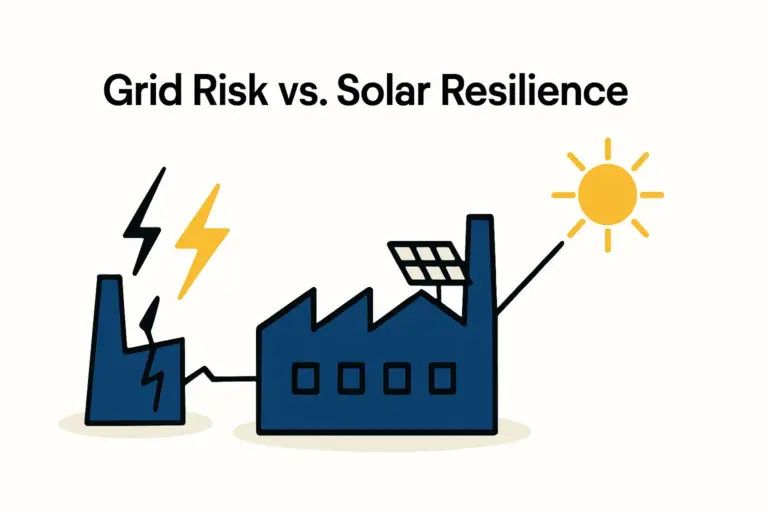When entrepreneurs consider entering the solar manufacturing sector, their initial focus often lands on machinery and capital. Yet experience from numerous factory planning projects highlights another critical factor: the availability and quality of the local labor force. A state-of-the-art production line is only as effective as the team operating and maintaining it. This analysis examines the technical labor pool in Kosovo, offering a framework for investors evaluating this strategic location for solar module assembly.
Kosovo has a unique demographic profile in Europe. With a median age of around 30, its population is among the youngest on the continent.
This demographic dividend, combined with a high unemployment rate—particularly among young people—creates a large and motivated pool of potential employees. For a new manufacturing venture, this is a prime opportunity to build a dedicated workforce from the ground up.
The Foundation: Education and Vocational Training Landscape
An industrial investor’s primary concern is whether the local education system produces candidates with the necessary foundational skills. In Kosovo, the system is built on both university-level engineering programs and a network of vocational training centers.
University-Level Talent
Major institutions like the University of Pristina graduate hundreds of students annually in relevant fields such as electrical and mechanical engineering. While these graduates may lack specific experience in photovoltaics, they have a strong grasp of the core technical principles required for roles in process engineering, quality control, and production management.
Educational statistics show that approximately 1,500 students graduate each year with engineering-related degrees, providing a consistent stream of candidates who can be trained to oversee sophisticated manufacturing processes. The key is to implement a structured program that bridges their theoretical knowledge with the practical demands of solar module assembly.
Vocational Skill Base
For roles like line operator and maintenance technician, vocational schools are the primary source of talent. These institutions offer training in fields like electronics, mechanics, and industrial automation. While the curriculum may not be tailored to solar manufacturing, their graduates have a solid understanding of workshop safety, tool handling, and basic machinery operation.
A wise strategy involves collaborating with these local centers to develop specialized training modules. This ensures a pipeline of candidates prepared for the specific requirements of the production line. Factoring in these training budgets from the outset is a crucial step in understanding the overall investment requirements for a solar factory.

A Realistic Cost Analysis: Salary Benchmarks for Key Roles
One of the most compelling aspects of establishing a manufacturing facility in Kosovo is the competitive cost of skilled labor. Compared to Western European benchmarks, salary expectations are significantly lower, which can substantially reduce a new factory’s operating costs.
A strategy focused on long-term employee retention is crucial. Offering salaries that are competitive within the local market, coupled with good working conditions and opportunities for advancement, is essential for building a stable and productive team.
Here are typical net monthly salary ranges for key positions in a start-up solar module factory in Kosovo:
Position: Production Line Operator
Typical Net Monthly Salary (EUR): €400 – €600
Required Background: Vocational training, good dexterity
Position: Maintenance Technician
Typical Net Monthly Salary (EUR): €600 – €850
Required Background: Technical school diploma, electrical/mechanical skills
Position: Process Engineer
Typical Net Monthly Salary (EUR): €800 – €1,200
Required Background: Bachelor’s degree in Engineering
Position: Quality Control Manager
Typical Net Monthly Salary (EUR): €900 – €1,400
Required Background: Engineering degree, experience in industrial QC
These figures represent a significant cost advantage. For context, an engineer in a similar role in Germany may command a salary several times higher. This allows for greater investment in other critical areas, such as equipment upgrades or market expansion.
Bridging the Skills Gap: A Strategy for Workforce Development
The absence of a pre-existing solar manufacturing industry in Kosovo means no candidate will arrive with direct experience. This is a common challenge in emerging markets and should be seen not as a barrier, but as an opportunity to instill best practices from day one.
A successful approach involves a multi-stage training program:
-
Core Team Training: A small group of key personnel (e.g., a lead engineer and maintenance head) should receive intensive training directly from equipment suppliers, often in Germany or another established manufacturing hub. This is a standard component of a turnkey production line setup.
-
On-Site Cascade Training: This core team then leads the on-site training for all new hires, overseen by experienced consultants. This ‘train the trainer’ model ensures knowledge takes root within the local team.
-
Continuous Improvement: Ongoing training in quality control standards (like ISO 9001) and specific machine operation protocols helps build a culture of excellence and adaptability.
Based on experience from J.v.G. turnkey projects, a well-structured training program can bring a new team to 80% production efficiency within three to four months of commissioning the production line. Planning for this development phase is a vital part of staffing a new solar module factory.

Language Proficiency and Professional Culture
For international ventures, effective communication is paramount. In Kosovo, English proficiency is relatively high among the younger, university-educated population. This simplifies training, documentation, and communication with international partners and equipment suppliers. While German is less common, the prevalence of English is sufficient for all technical and managerial purposes.
The professional culture is marked by a strong desire to learn and a high degree of adaptability—qualities that are invaluable in a start-up manufacturing environment where processes are constantly being refined.
Frequently Asked Questions (FAQ)
What are the primary advantages of Kosovo’s labor market for a solar factory?
The main advantages are the young, motivated demographic, a supply of technically educated graduates at competitive salary levels, and a strategic location in Southeast Europe. This combination reduces operational costs while providing access to a capable workforce.
How long does it typically take to train a new production team from scratch?
A phased training program usually takes four to six months. This includes initial off-site training for key personnel, followed by on-site training for the entire team during the factory’s ramp-up phase. Full production efficiency is typically reached within the first year.
Are there government incentives for hiring and training local staff in Kosovo?
Kosovo’s government and international development agencies often provide incentives for foreign direct investment, particularly in sectors that create jobs. These may include grants for employee training, tax breaks, or other forms of support. Investors should consult with a local legal and financial expert to explore current programs.
What are the first key roles an investor should hire?
The first hires should be a plant manager or general manager with industrial experience, followed by a lead process engineer and a head of maintenance. This core team will be instrumental in overseeing the factory setup, equipment commissioning, and the subsequent hiring and training of the broader production team. Understanding their roles is fundamental when learning about essential solar manufacturing machines.
How can we ensure product quality with an inexperienced team?
Quality is built on a combination of robust processes, automated inspection systems integrated into the production line, and rigorous training. The quality control manager, trained on international standards, plays a critical role. The team’s initial inexperience is balanced by establishing strict, non-negotiable quality assurance protocols from day one.

Next Steps in Your Planning Process
Analyzing the labor pool is a foundational step in assessing a new location’s viability for a solar module factory. Kosovo shows strong potential for building a cost-effective and skilled manufacturing team, provided a structured training and development plan is put in place.
With a clear understanding of the human resources landscape, the next logical step is to develop a comprehensive financial model. For a deeper analysis of capital expenditures and equipment, exploring the complete investment requirements and the turnkey production line setup process is recommended.






